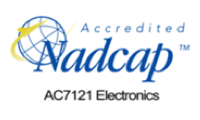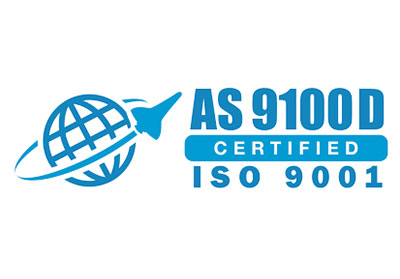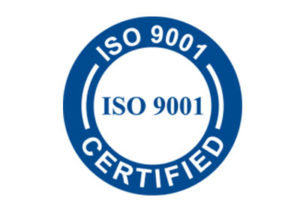Solving Problems With Root Cause Corrective Action
When a project goes astray, one of the most important ways to get it back on track is to find out exactly what went wrong. Using supporting data and facts, root cause corrective action (RCCA) is one way to resolve the issue. The RCCA method finds and eliminates the cause of a detected nonconformity, permanently resolving it.
RCCA isn’t about fixing an individual mistake – it’s a series of actions that positively change or modify the system’s performance for the long term. It looks at the big picture and targets the weakest parts of a system that are more likely to cause failure.
Because RCCA aims to make a systemic change, it’s critical to address contributing causes since they could become a future root cause. Ultimately, RCCA can help create better products, gain a competitive advantage and improve customer satisfaction.
Implementing Root Cause Corrective Action
When implementing RCCA and determining potential solutions, there are five factors to consider:
- Viability: The solution must be compatible with the company’s schedule and resources.
- Effectiveness: Before choosing a solution, determine whether it will be effective in solving the problem.
- Team Involvement: Those affected by the problem should be included in the process of formulating the solution.
- Big Picture: Focus on systemic issues and address problems that affect the entire organization.
- Contingency Plan: Come up with a plan based on anticipated success and have a backup strategy in mind.
You should also ask questions like:
- Will the corrective action lower the risk of event recurrence to an acceptable level?
- Does everyone involved accept the solution?
- Are there any opposing effects that might make the action unacceptable?
- Does the corrective action fit within organizational constraints?
Once the action has been implemented, it’s time to evaluate whether it was as effective as expected. Using predefined criteria to measure results will help assess the effectiveness of the RCCA, helping your team solve similar issues in the future.
Ensuring Team Buy-in
One of the most significant considerations when determining the effectiveness of RCCA is how successfully the team worked together toward implementing the solution. The most critical areas of team collaboration are knowledge facilitation and the team’s willingness to challenge assumptions and critically evaluate the direction of the analysis.
Another important factor is the inclusion of leadership and team members from outside the area of focus. Doing so brings a fresh perspective to the root cause analysis, which helps teams think outside of typical patterns to determine the most suitable RCCA.
No matter the complexity of the issues you’re facing, Liberty Electronics®, a relationship-based business, can partner with you to help find solutions for your upcoming programs. With over 35 years of leadership in our field, we specialize in supporting aerospace, defense, rail, transportation and nuclear energy industries by providing products including:
- Electronic wiring harnesses
- Box builds
- Electrical cable assemblies
- Electrical cabinet assemblies
- Electrical panel assemblies
- Electromechanical assemblies
In addition to our dedication to success, quality service and on-time delivery, we’re a relationship-based supplier that values cooperation over competition and are based in Franklin, PA. To build a long-lasting relationship, contact us on our website or via email about working together.




